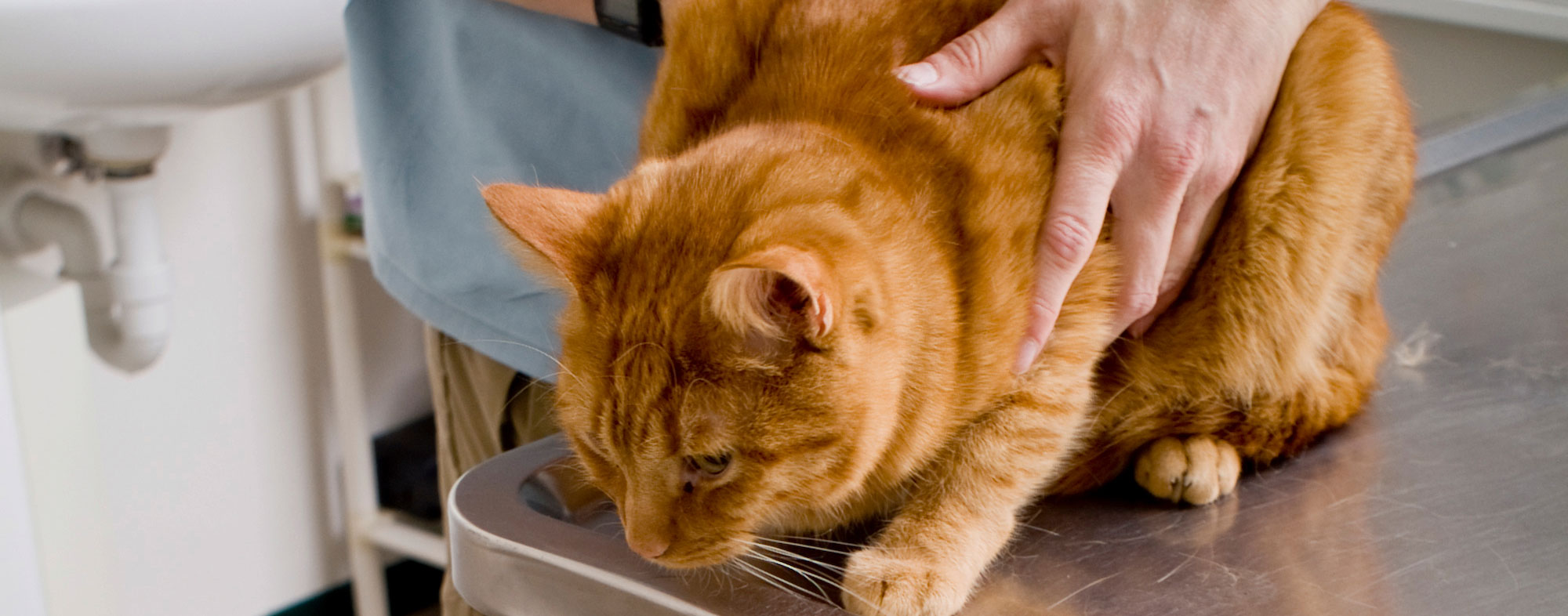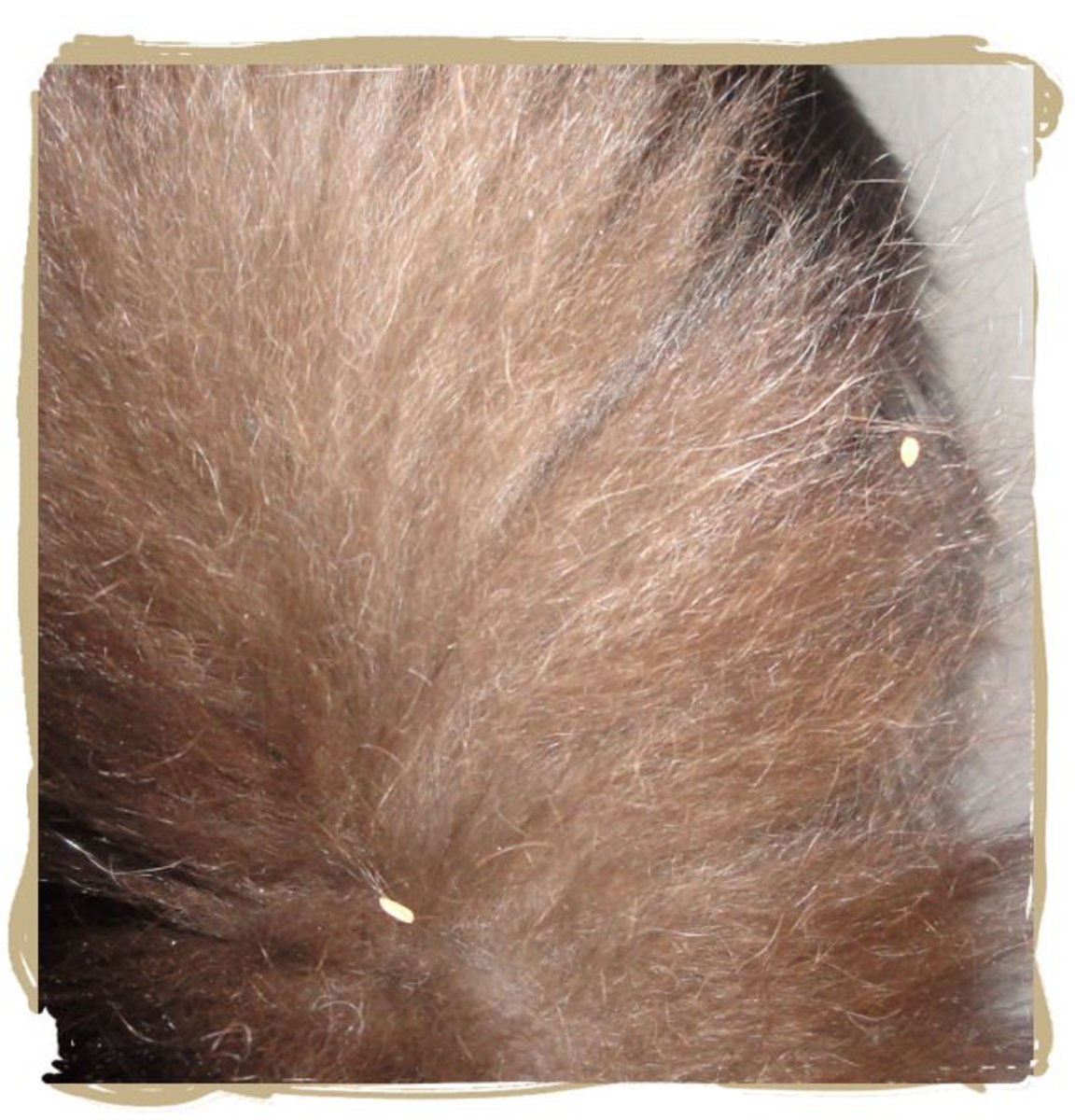Unbelievable Tips About How To Treat Cat Worms

Tapeworms in cats (cestodes) 4.
How to treat cat worms. Deworming cats is simple as worming treatments are now available as liquids, pastes, granules and palatable worming tablets as well as liquid ‘spot on’. Are you wondering how to get rid of intestinal worms in cats or how to deworm cats? As the name suggests, tapeworms are long flat worms.
Hookworms (ancylostomiasis) in cats 3. For example, tapeworm eggs are frequently ingested through adult fleas. Luckily, tapeworms are easy to treat with the right medication.
Clean your cat's environment, removing any feces from outdoor areas she has access to. Knowing how to treat worms is vital, so you can get your. How to treat worms in cats.
Your cat may have worms if they are vomiting, losing weight, or you see worms in their stool. Worming treatments are usually tablets you give to your cat,. He came from. melrose humane.
When to treat your cat kittens are commonly born with worms or become infected early in life, especially with roundworms,. Cats may get roundworms, tapeworms, hookworms, or. A typical deworming schedule is four times a year — once for each season.
If you suspect your cat or kitten has worms, they should be treated immediately with. Method 1 identifying tapeworm in cats download article 1 understand what tapeworms are. However, giving your cat medicine is only part of the way to true.
So, for a cat to get tapeworms, they need to ingest the intermediate host. Your vet may recommend putting your cat on a monthly preventative. Coccidia (coccidiosis) in cats 5.
How to prevent cat worms. Intestinal parasites come in several different varieties, and it’s important to note that you can do everything right as a pet parent — feed your little one a diet of the best. Regularly worming your cat is the best way to kill any worms that they may have.
How to treat worms in cats. You can also deworm your kitten from two weeks of age. Dragging hind legs across the floor in an attempt to scratch the area.
How to treat tapeworms in cats. The most common ways a cat can get worms is by mosquitoes, or by eating infected feces, mice, or fleas.
















:max_bytes(150000):strip_icc()/roundworms-in-cats-3385241_FINAL-5bedb53146e0fb002691a8ec.png)
